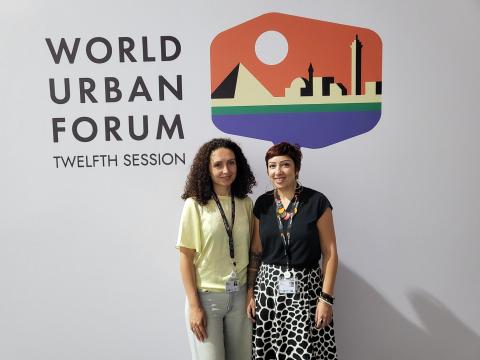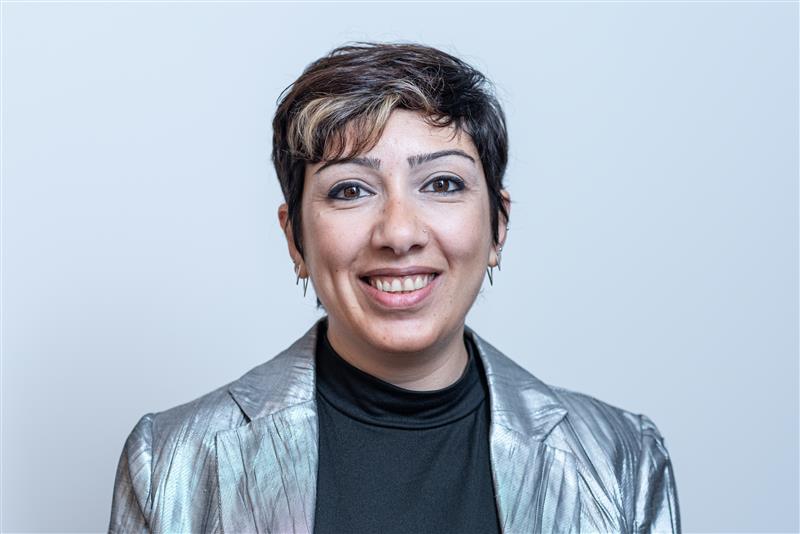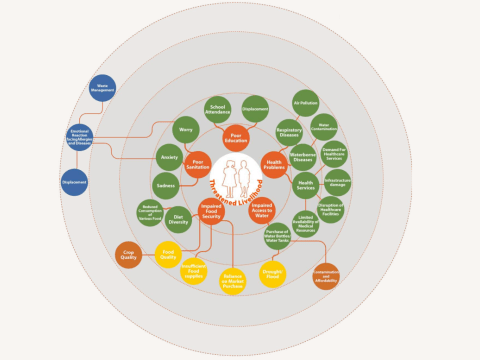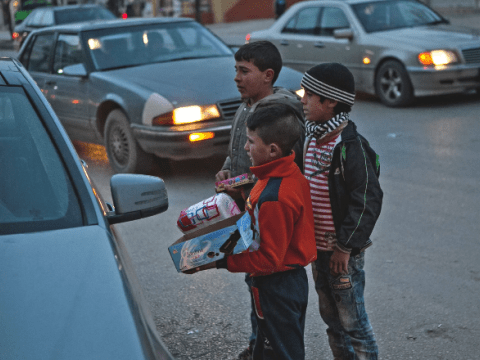
The World Urban Forum: So close, and yet still so far to go
Aline Rahbany reflects on an event that revealed the urban community, while moving in the right direction, still has important questions to answer.
8 November, 2024
I leave the World Urban Forum with mixed feelings. As with every forum I have attended over the past 12 years, it has been a great and intense week of organising and participating in events, bi-lateral meetings, speaking engagements, closed door meetings.
These conversations, these meetings are signs of a genuine desire to make urban areas places where everyone can flourish. Yet, even after so many years, we still don’t witness sufficient intentionality to do what must be done to bring this vision to life.
Three things in particular stood out to me this week:
Children must be heard
After years of calling for more involvement of children, it was refreshing to see children and youth participating in the forum—not only inputting into the discussions and panels but also moderating some of them. The danger is that at such events, involving children is little more than lip service. Certainly, one child shared they were disappointed when a high-level leader came to deliver a speech to the children and youth assembly, but left before hearing what children had to say.
Shouldn’t we as adults/leaders/decision makers do better at ensuring a genuine and meaningful participation of young people? If we invite them to be in the room, out of respect, we need to stay and listen.
Missing actors must be invited
The urgency of bridging the humanitarian/development divide in urban programming and planning has never been more significant. But this is not new. We have been singing this tune for far too long now, so why is the issue more pressing now? Well, never before have we been faced with such compounding effects of threats to our human settlements. Compounding crises don't fit our already established system for response, recovery, development and peace. More than ever, we need to focus on prevention of conflicts, preparedness planning and anticipatory action.
Urban resilience is key and needs to be integrated by all actors across all disciplines. But the question remains: what kind of conversation do we need to have to move this forward? Are we involving all the appropriate actors? (Hint: where are the donors?). A mindset shift and a system level change will be key to ensure we are better equipped to deal with the next big crisis that will add yet another layer of complexity to existing polycrises.
Roles of CSOs and governments must be clear
The increasing focus on local and city governments as actors on the frontline and the expectations we have of them to take the lead on addressing compounding crises is both essential and concerning. As civil society organizations, we cannot and shouldn't replace governments. But the governments we work with in the regions that are dealing with intersecting hazards, risks and vulnerabilities, are sometimes the cause of fragility and forced displacement we are having to respond to.
What then becomes our role as civil society organisations (CSOs)? How can we support more settlement- and area-based approaches that align with the priorities of local and city governments, and at the same time ensure we remain relevant and build the capacities needed at the local level, especially in fragile cities, to build back the broken social contract between people and their governments and contribute to resilient cities?
I am leaving Cairo today with more questions than answers. But isn't that a sign of having spent time in engaging, compelling and thought-provoking conversations?
To learn more about World Vision’s attendance at the World Urban Forum click here
Aline Rahbany is World Vision’s Technical Director, Urban Programming. She leads the organisation’s global urban work having worked in international relief and development since 2008. In her current role, she leads the mainstreaming of urban programming across World Vision’s global strategy and operations. She also supports programme, strategy and capabilities development for development and humanitarian responses in cities and other urban areas across multiple countries. Find her on LinkedIn here


